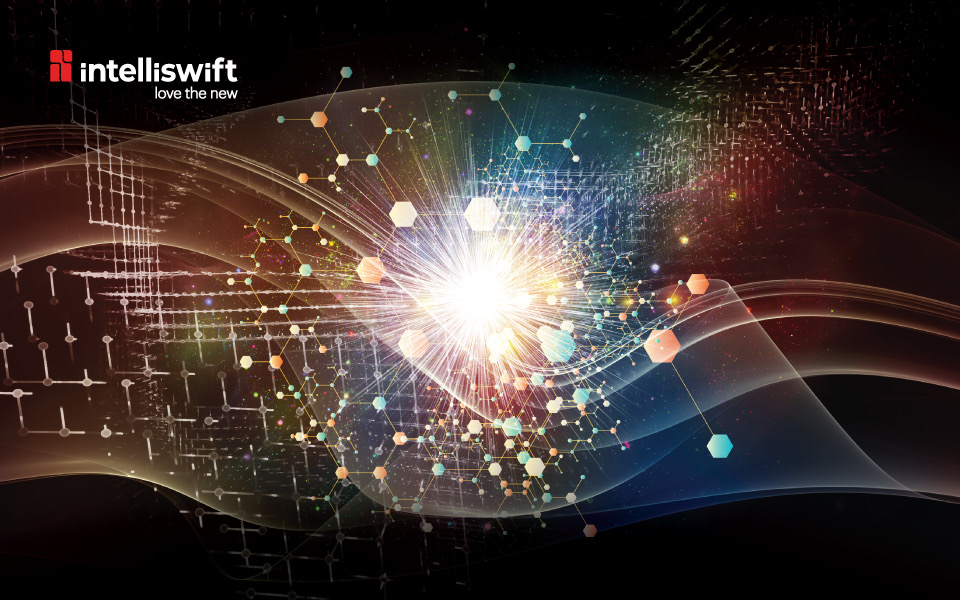Wed, Nov 05th 2025
Leaders Tech Talk: God blesses
is AI testing mandatory in today’s world ?
In a rapidly digitizing landscape, AI systems impact nearly every aspect of human life: from healthcare diagnosis and financial decisions to legal judgments and content moderation. But with great power comes great responsibility. Testing AI isn’t just a technical checkbox — it’s becoming essential to ensure fairness, safety, accountability, and trust.
Why AI Testing Matters
1. Preventing Bias & Discrimination
AI models are only as unbiased as the data they’re trained on. Without testing, hidden biases can lead to unfair outcomes—misdiagnoses, wrongful denials of service, or discriminatory hiring practices.
2. Ensuring Safety & Reliability
In high-stakes fields—autonomous vehicles, medical devices, critical infrastructure—AI failures can cost lives. Rigorous performance, stress, and reliability testing help avoid catastrophic failures.
3. Compliance & Regulation
Governments and institutions are increasingly introducing laws and guidelines for AI deployment. Examples include the EU’s AI Act, GDPR-like privacy protections, and ethical frameworks demanding transparency, accountability, and fairness. AI systems that aren’t tested risk legal liabilities and reputational damage.
4. Building Trust and Adoption
If people don’t trust AI outputs, adoption stalls. Testing promotes transparency (explainable decisions) and validates system behavior so that users, clients, and stakeholders can believe in the system’s integrity.
Challenges and Limitations
• Dynamic Learning & Drift: Many AI systems evolve over time or encounter new data distributions. Tests can become obsolete if retraining or continuous monitoring is ignored.
• Opaque Decision Processes: Deep learning models often act as black boxes. Even when tested, explaining “why” they made a certain decision remains hard.
• Cost & Complexity: Comprehensive testing—covering all edge cases, adversarial attacks, fairness across demographics—is expensive and time-consuming. Smaller organizations may lack resources.
• Ethical Trade-offs: Sometimes fairness and accuracy conflict. For example, maximizing overall accuracy may produce worse outcomes for minority groups. Decisions about what to optimize are inherently ethical and socially negotiated.
Is Mandatory Testing the Future?
Yes, it’s moving that way. Some reasons:
• Regulation is catching up: AI laws and policies increasingly require audits, fairness assessments, impact assessments, and safety checks before deployment.
• Standardization: Industry bodies, academic consortia, and non-profits are defining testing standards for “trustworthy AI.”
• Consumer & Market Pressure: Users demand accountability. Companies that deploy untested or poorly tested AI risk brand damage.
Conclusion
AI testing is not just a best practice; in many sectors, it is fast becoming mandatory—in law, ethics, and business norms. While it can’t guarantee a perfect system, testing is crucial for uncovering biases, ensuring reliability, complying with regulation, and earning users’ trust. Organizations should invest not only in testing before deployment, but also in continuous monitoring and auditing, to keep AI systems safe, fair, and accountable as they evolve.
Team IndiaIT360
Write With Us
IndiaIT360 is passionate about fostering community within the tech industry. IndiaIT360's commitment to staying abreast of the latest trends and advancements in the IT industry ensures that their content is not only informative but also insightful and forward-thinking. Through their writing, they aim to demystify complex technological concepts, making them accessible to a broad audience.








































